Airbus announces 2018 results
Over the last few days there’s been many rumors about various Airbus results for 2018, with some saying negative or positive things about them, however now these can be put down or confirmed now that Airbus has released their results.
The company successfully met their 2018 delivery goal of 800 aircraft, setting a new company record and keeping them on path for future growth and delivery guidance. Compared to 2017s 718 deliveries, 2018 is an 11% increase, which is a significant amount. This continues Airbus’ 16 year trend of increasing deliveries per year.
Below are the results for the company in a table:
| Aircraft | Deliveries 2018 | Deliveries 2017 |
| A220 | 20 (since July 2018) | — |
| A320 | 626 (386 A320neo Family) | 558 (181 A320neos) |
| A330 | 49 (3 A330-900s) | 67 |
| A350 | 93 | 78 |
| A380 | 12 | 15 |
Airbus saw a reduction in orders in 2018, with net orders totaling 747 compared to 1109 in 2017. A new industry record is stated to be set by Airbus, with 7577 aircraft in their backlog, of which, 480 are the recently introduced A220s. This is compared to the 7265 achieved in 2017.
Guillaume Faury, President of Airbus Commercial Aircraft, reflected on 2018 in the this strong statement:
“Despite significant operational challenges, Airbus continued its production ramp-up and delivered a record number of aircraft in 2018. I salute our teams around the globe who worked until the end of the year to meet our requirements. I am equally pleased about the healthy order intake as it shows the underlying strength of the commercial aircraft market and the trust of our customers are placing in is. My gratitude goes out to all of them for their ongoing support. As we look to further increase our industrial efficiency, we will continue making the digitalisation of our business a key priority.”
The operational challenges mentioned are similar to what Boeing faced in 2018, with supplier issues causing chaos among production lines, specifically for fuselages and engines. Pratt and Whitney GTF woes eased up, however still had Airbus tied down in terms of A320neo capacity.
Rolls-Royce Trent XWB engines for the A350 have been performing excellently, however very minor delays were present due to Rolls-Royce focusing their lines on Trent 1000 repairs, which has ultimately led to the Trent 7000 engine on the A330neo to be delayed.
Additionally, the ongoing management changes and the rapid departure of John Leahy’s replacement, Eric Schulz, meant Airbus had to constantly whip up emergency/quick replacements of crucial members.
Airbus’ presence in Hamburg, Toulouse, Tianjin, Mobile and Mirabel is what allowed for this years delivery target to be achieved and increased over the years. Production of the A320 family is on track to achieve a rate of 60 per month by mid-2019 thanks to ongoing assembly line modernization and expansion.
With the Beluga XL now on its way, Airbus’ next step is to prepare for greater production to clear their backlog, allowing for more orders to flow in. The A350, which has now achieved the company goal of 10 per month, will benefit this as the Beluga XL will have the capability to carry two wings rather than the one on the A300-based Belugas.
Just like Boeing, Airbus has had a great year, and with 2019 slowing down for new aircraft developments, the next big focus for the company is refining their industrial and management processes.
For a full breakdown, see the infographic below:
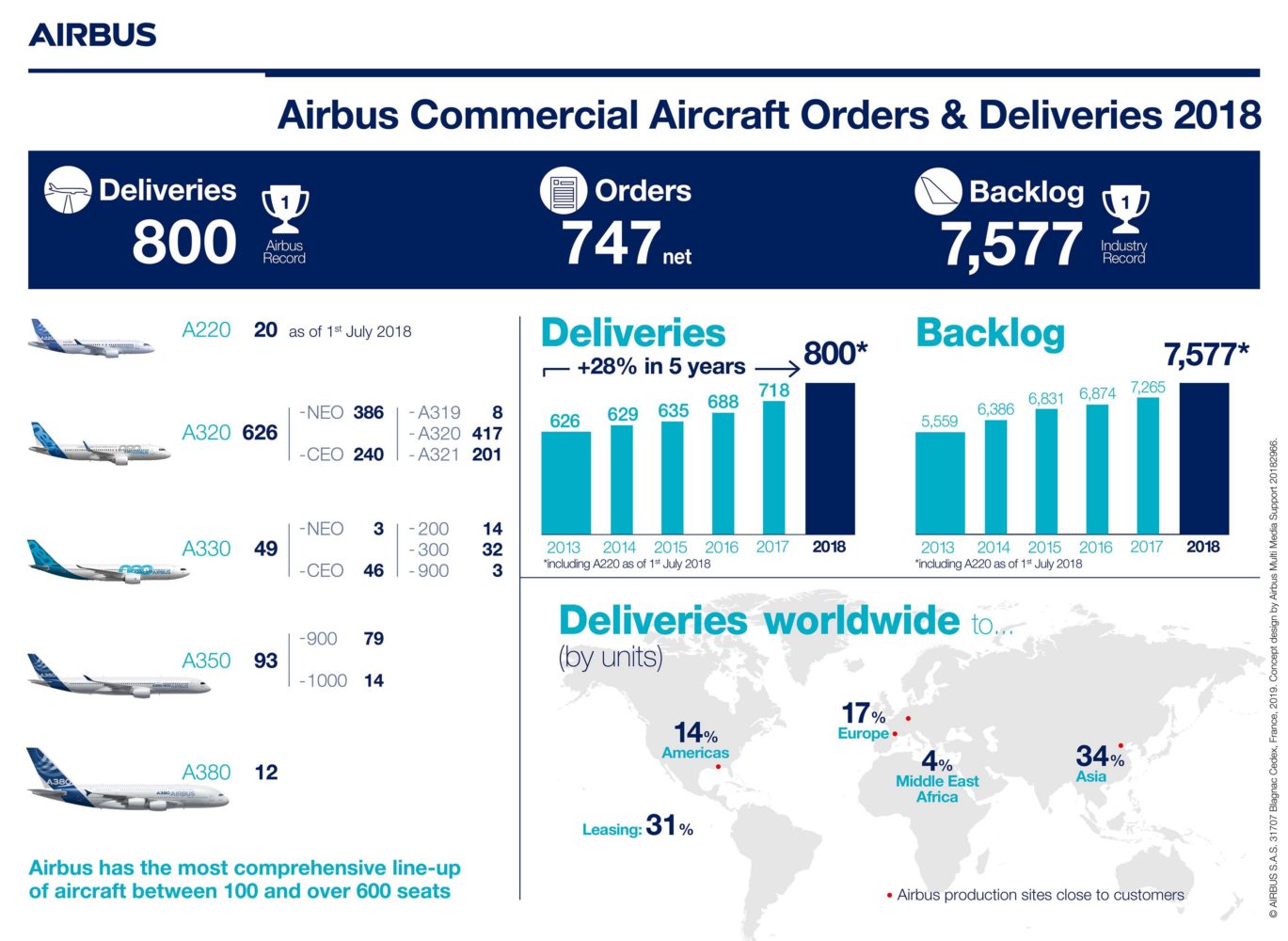


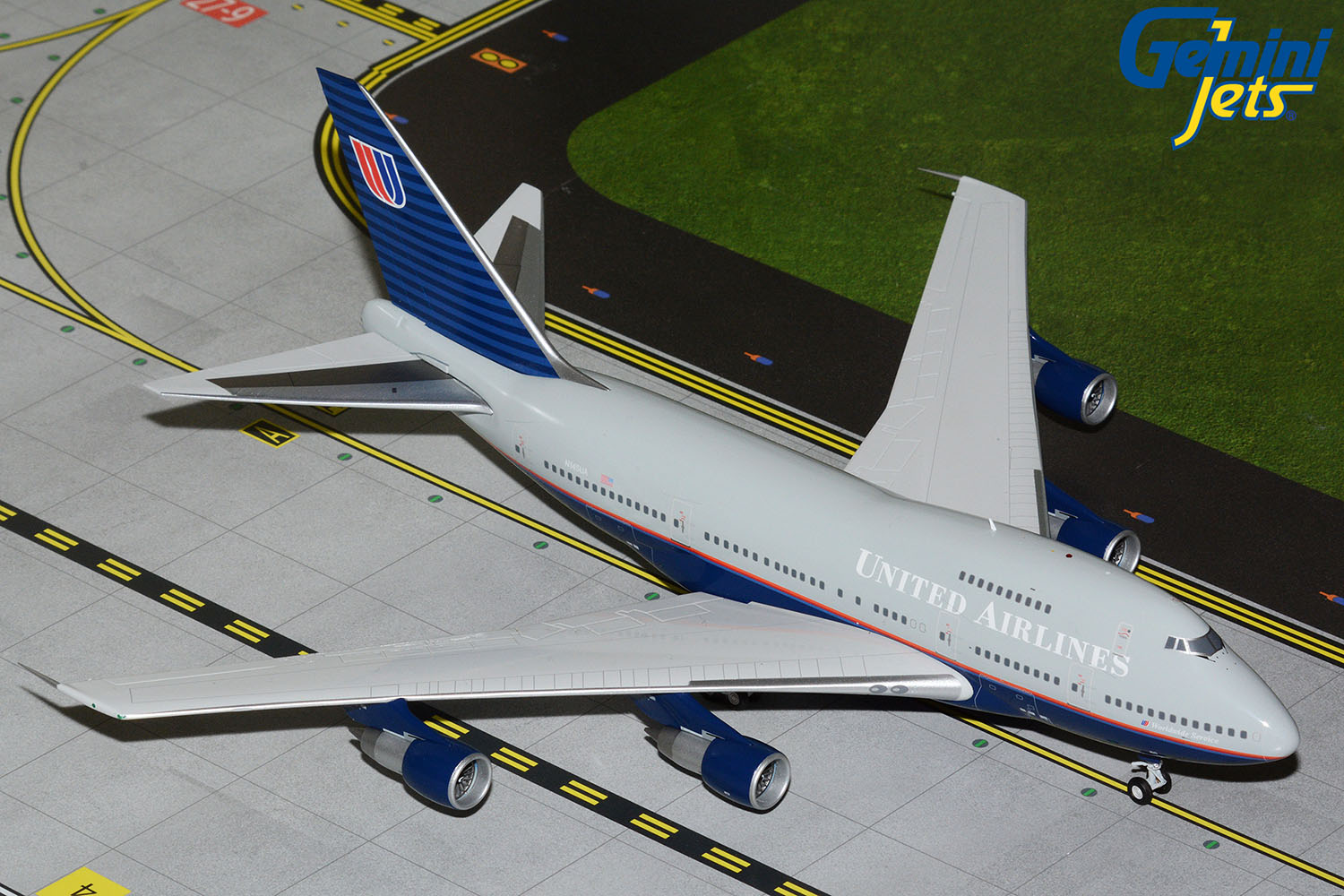
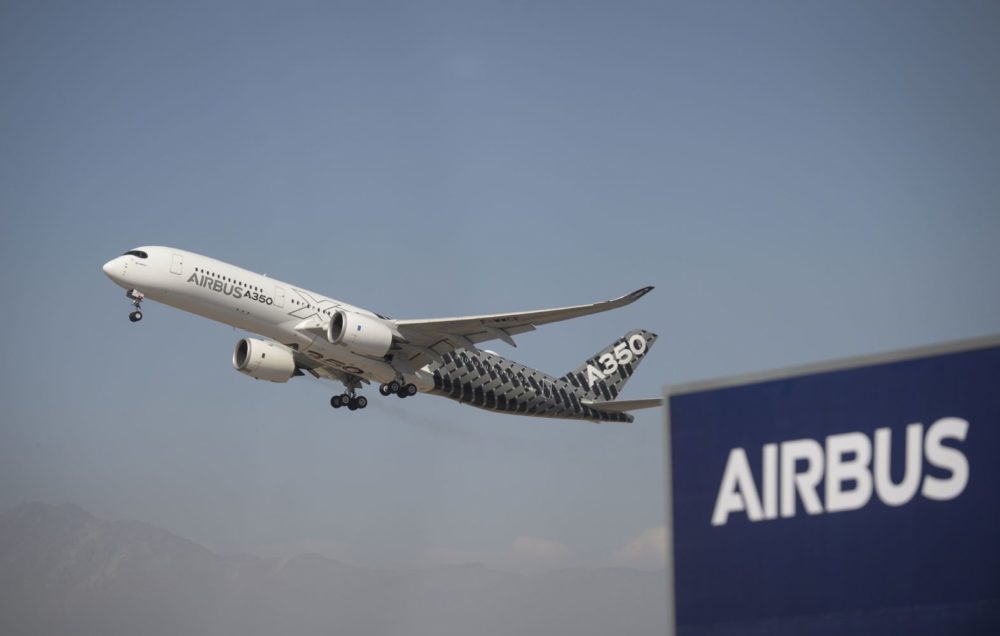
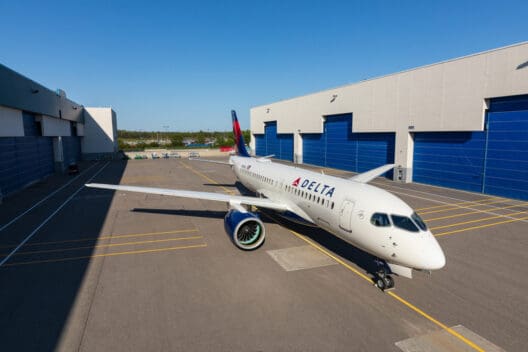
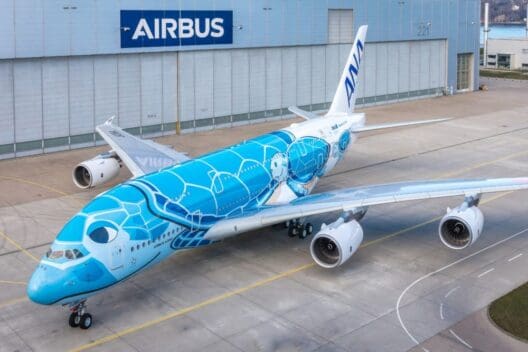
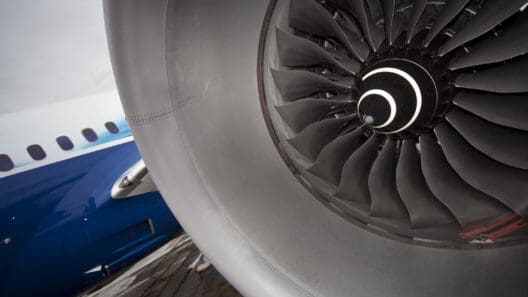
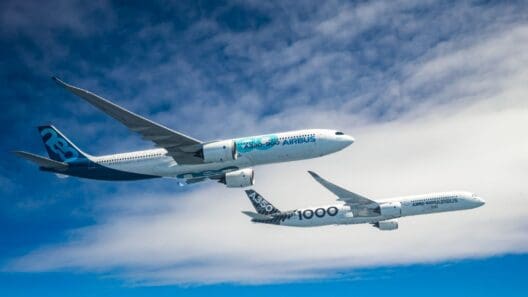
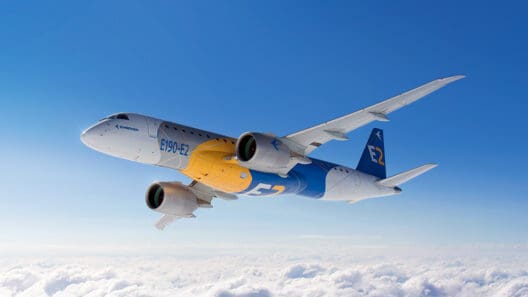


This is really informative Blog about airbus. And Congratulation for breaking Record.
We have Airlines Hub Management and Flight Information Display System (FIDS),